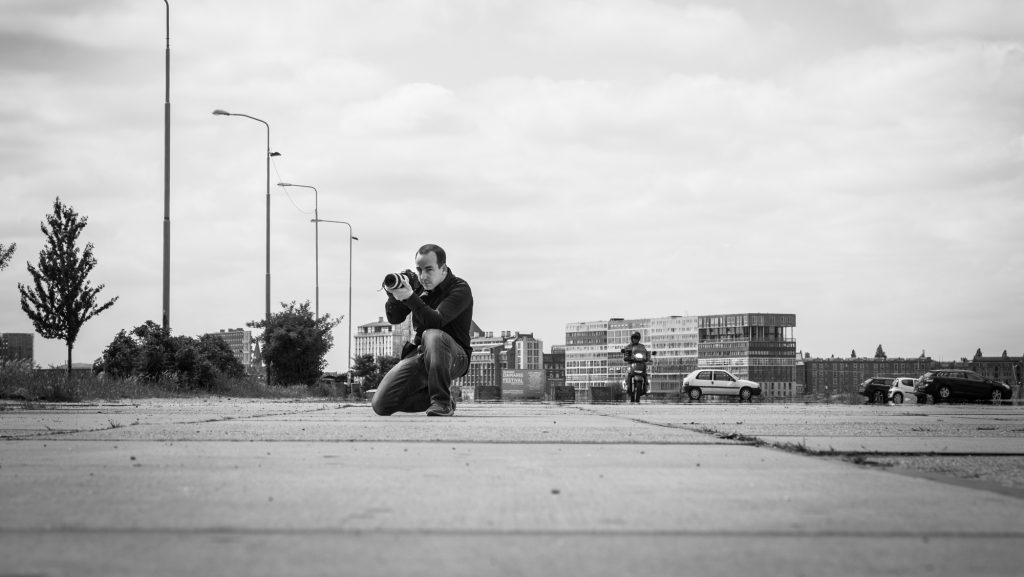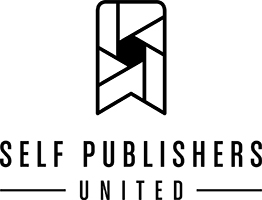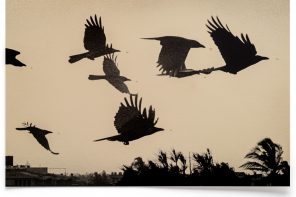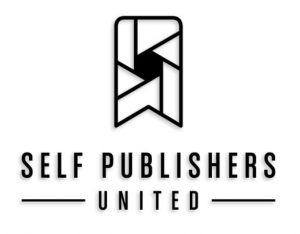The most exciting aspect of stock photography is creating images using the latest in-demand photography trends.
In this interview, Kjell walks us through the process of making his book ‘Fast Track to Stock Photography‘ which educates photographers on how to get started licensing their photos for commercial use.
Creating a photo book forces you to curate your work
Once you start compiling the images together, you learn much about your own development as a photographer over time, and the realisation that you will be continiously developing your craft. Most interestingly, being able to look back and appreciate the images for the hard work they represent of that stage in your development, instead of looking at them with criticism of how you could re-do the image much better today.
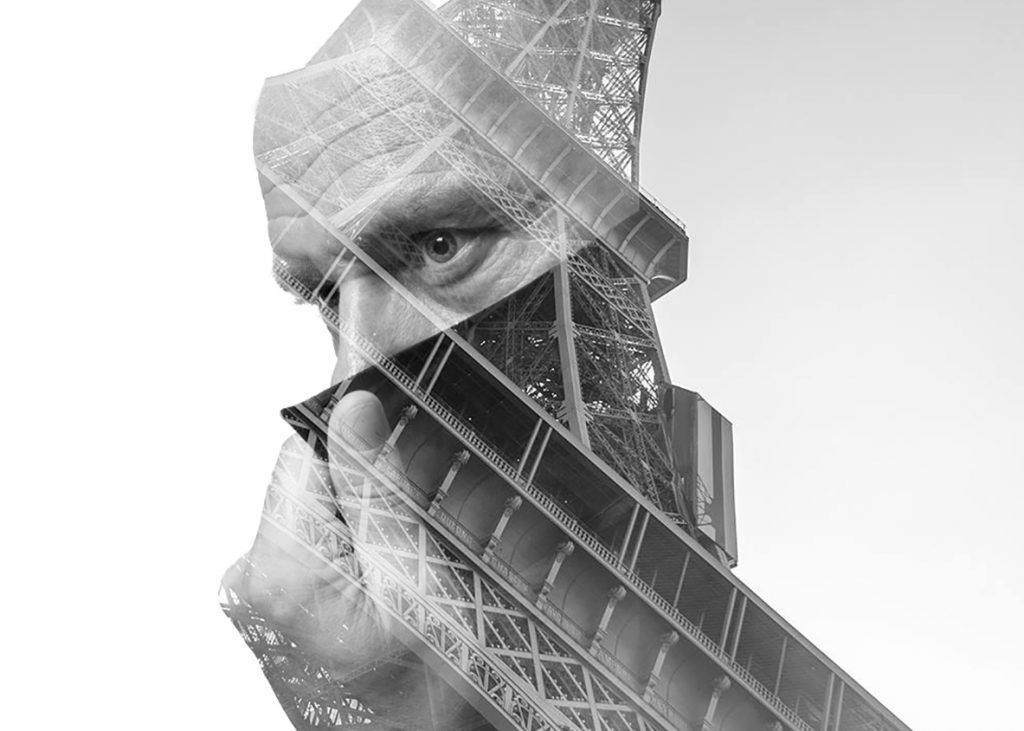
Working for Shutterstock advanced the quality of my images
This book is a collection of insider advice for those wanting to start licencing their images for commercial use. It’s a result of my experience of having been privileged to work for three years as a community leader for Shutterstock, one of the world largest stock photography agencies, Being a Shutterstock representative and educating photographers about image quality forced me to set a high standard for my own photography.
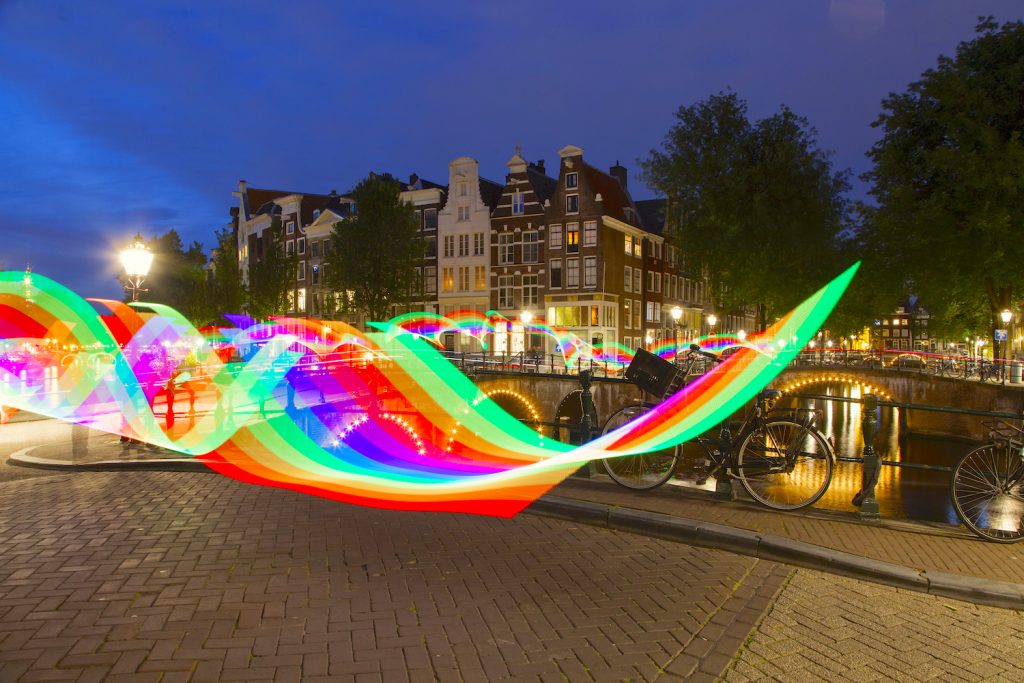
A perfect starting point for photographers who have mastered the basics
I wanted to create an easy to follow instruction manual for photographers that already understand the basics of aperture, shutter speed and ISO; and wish to take their photography to the next level. Readers will learn what it means to take photos that a broader audience will appreciate, and understand the elements to tweak in your existing photography. This makes theimages more attractive to prospective buyers.
The book starts by teaching photographers the basic requirements for licensing their photographs. Images must have a sharp subject, be well exposed and have a good composition. It further goes into explaining in more depth the surrounding qualifying elements such as the use of model releases and avoiding copyright infringements. One book which inspired me during the making of this book was Annie Leibovitz’s ‘At Work‘, which also provides a lot of insight into a photographer’s thought process before taking the actual photos.

One stock photo can tell multiple stories
I enjoy taking photos which can be interpreted into multiple stories, depending on the context the image is being used. A picture of a woman using a laptop can be interpreted as a student doing homework, an internet provider’s customer using their broadband service or a bank customer logging in to check their account balance.


Qualifying to become a stock photographer involves a lot of rejection in the beginning
Every tiny aspect will get picked on and insisted to be edited or re-done. It can be a tremendous learning experience which forces you to become a much better photographer in terms of image quality. The most important lesson is to not take the rejections as a criticism of you being a lousy photographer. Instead, that aspects of the images do not meet the criteria which have to do with the photography licensing industry.

Hardcover (€ 70): Amazon
Paperback (€ 49): Amazon
Ebook (€ 9): Blurb | Itunes
The largest masterpiece is still in the works
This is the cornerstone book of an even larger book I am publishing in 2021 together with fellow photographer Megan Alter. The upcoming book will teach photographers everything they need to know, apart using their camera. The photography landscape has changed. Inspiring photographers should learn from the analogue masters, but aim to become an icon in their own field of photography. Through social media, photographers can become world famous in a day, which results in may photographers chasing likes and followers. I’m hoping to inspire aspiring photographers to develop their art of photography for themselves, and to realise that any fame which derives from that fame is merely a bi-product and should never be the main focal point of your photography development process.
